Clutter can negatively impact our well-being by making us feel uncomfortable, anxious, and stressed. This is especially true for highly sensitive people since clutter can easily overstimulate the mind and the senses. Distractions occur more regularly and there are fewer opportunities to relax physically and mentally. Over time, frustration builds up, and you can even become less productive.
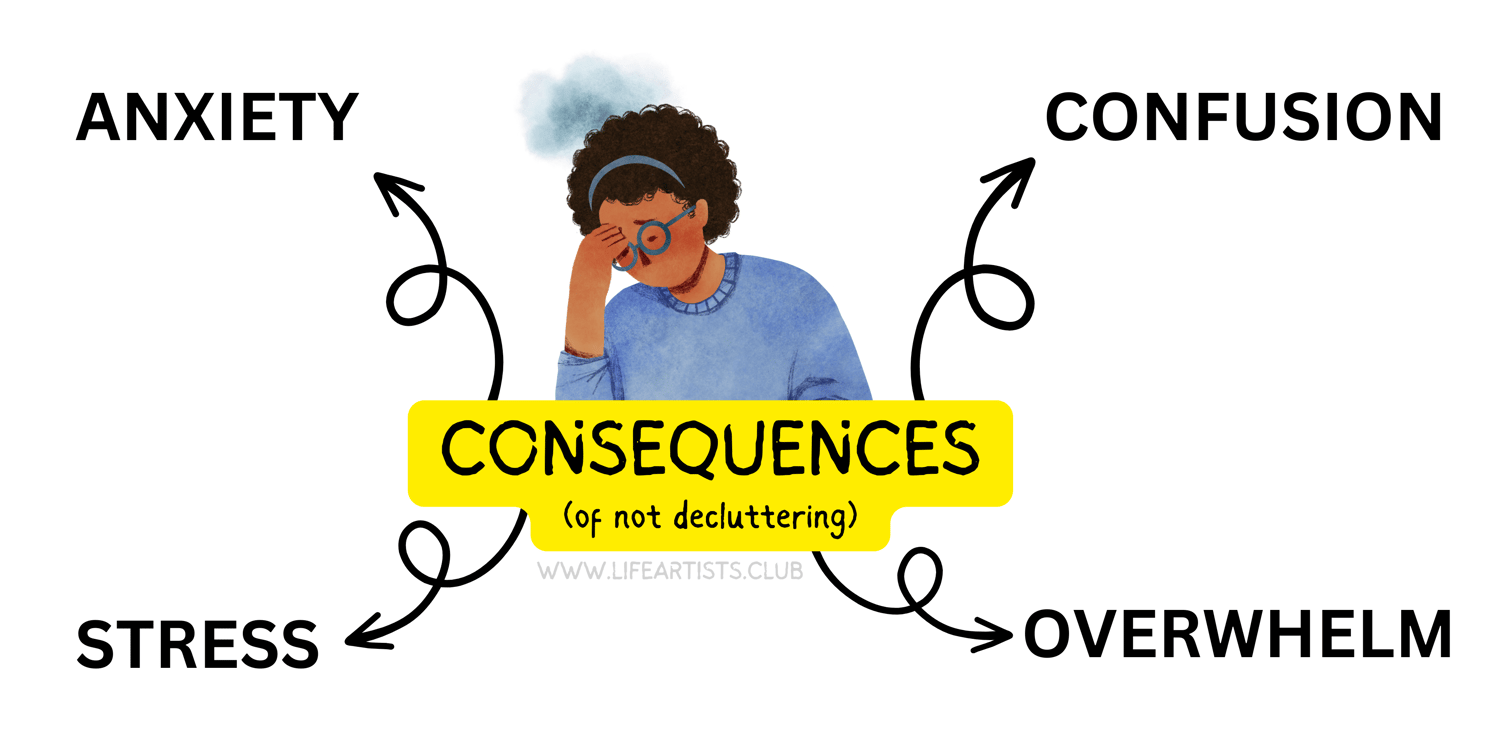
Why Decluttering Improves Wellbeing
Although not seen as fun or pleasant by the majority of people, decluttering and tidying up is an essential form of self-care and personal organization. It’s about removing unnecessary, outdated, or untidy items while keeping what sparks joy, utility, and positive vibes. Marie Kondo became a worldwide expert on this subject after publishing The Life-Changing Magic of Tidying Up and some of the tips I’m about to share come from her book.
Benefits of Decluttering
After going through a decluttering session, you will likely feel clearer and more energetic. This is a process that not only improves our physical space but also our headspace. We have more physical and mental space, giving us a certain sense of freedom and clarity. This experience eventually overflows to other areas of our life. In a nutshell, we may say decluttering improves well-being because it:
- facilitates decisions
- increases awareness,
- promotes well-being
- saves time
- reduces stress
- creates space
How to Declutter in 3 Steps?
Once you decide to initiate the process, decluttering can seem daunting and overwhelming. This is especially true if you have accumulated a lot of stuff and you are already running out of storage space. Keep calm and breathe deeply. It gets worse before it gets better, believe me. Here is a quick step-by-step guide on how to start decluttering:
Step 1
Remove all items of place and put them on the floor to make it easier to sort them through.
Step 2
Only keep items that bring you joy or that are regularly useful. Everything else must go. You can either throw them away, donate or recycle them. This can seem easy but it can also involve deep thinking and meaningful reflections. To facilitate the process, it might be useful to hold each item separately and ask yourself the following questions:
- Does this item make me feel good?
- Is this item in good condition?
- Is this item efficient?
Step 3
Clean the items and their place of storage before putting them back in. As you hold each item, go through the decluttering question list once again to make sure you only keep what’s best for you.
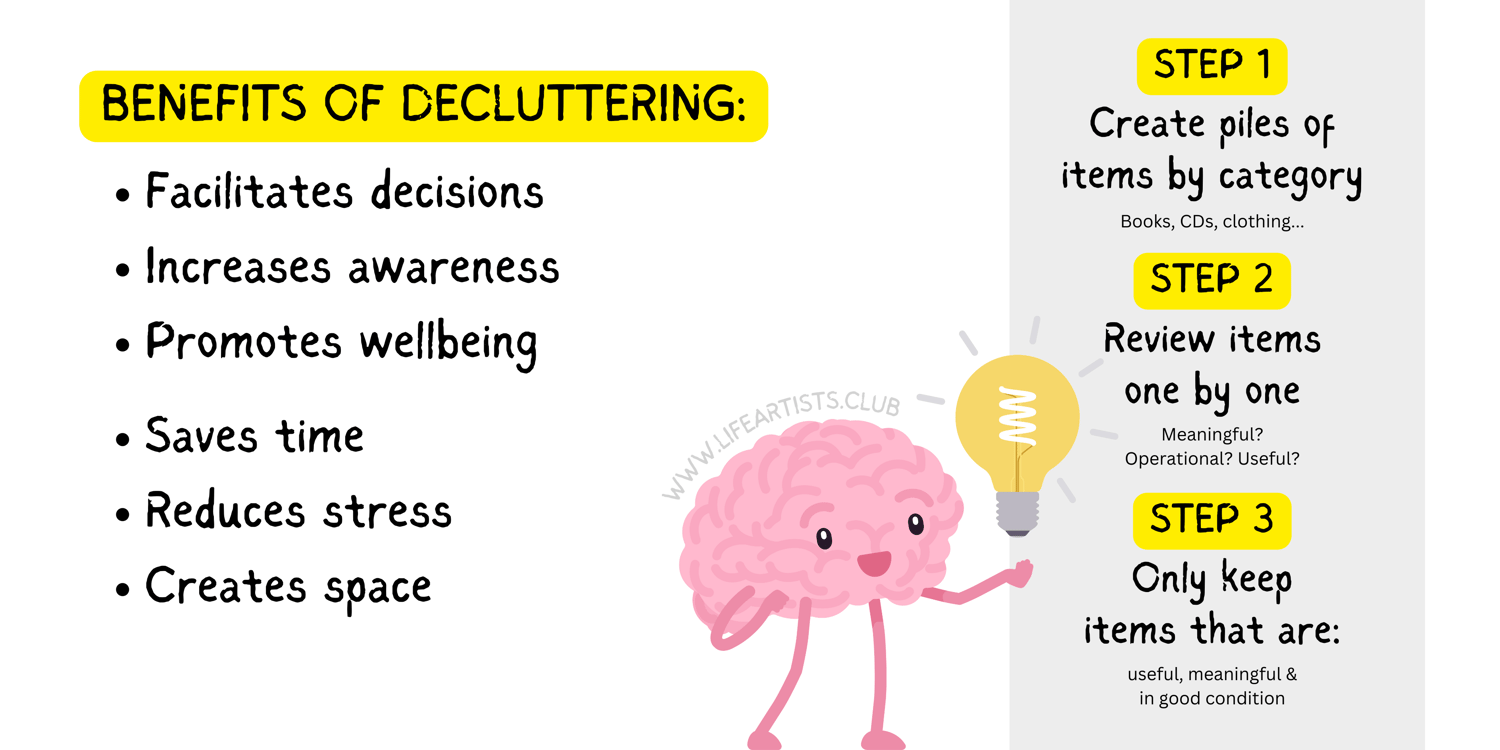
Conclusion
Decluttering is an important chore and we can benefit a great deal if we do it regularly. It can not only be taken as an act of self-care as well as a starting point to bring more clarity into our lives. If the task feels rather daunting to you, you can manage it better by breaking the process into three steps. The first step is all about separating and creating categories of items. This can be somewhat messy so I recommend that you start small: choose only one category to work through at a time.
The second step of the process can be psychologically challenging for many of us. Do your best, to be honest with yourself and embrace the questions I shared in this blog post with courage, determination and self-discipline. The final and last step is all about restoring order and freeing both your physical and psychological environment from the chaos there was once. Once you come to the end of the process, you will feel that your mission was accomplished.
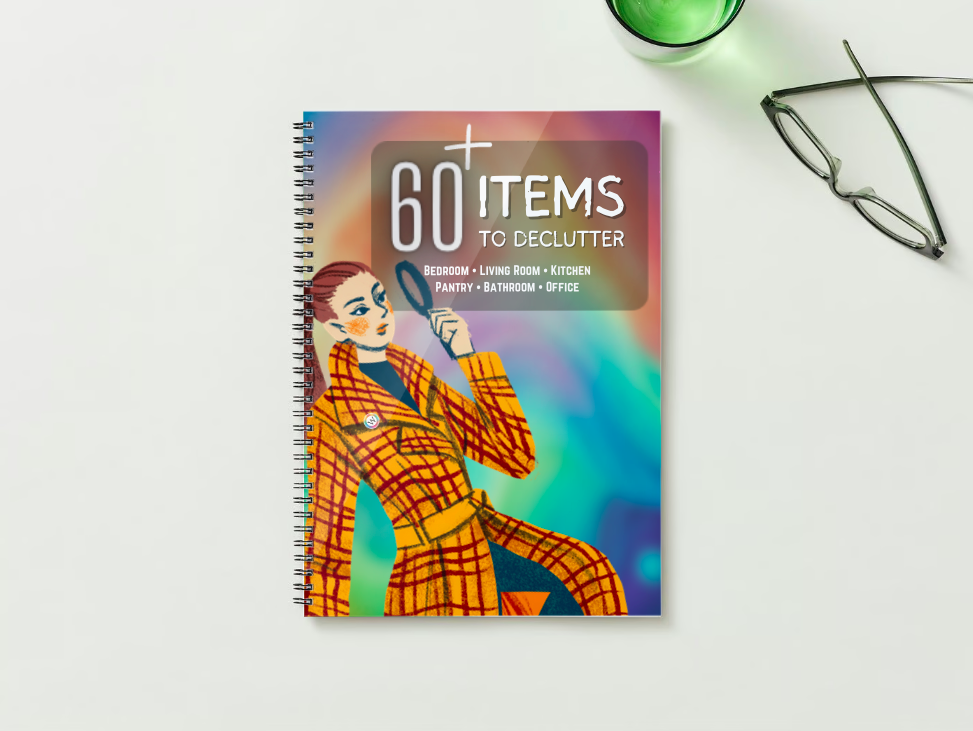
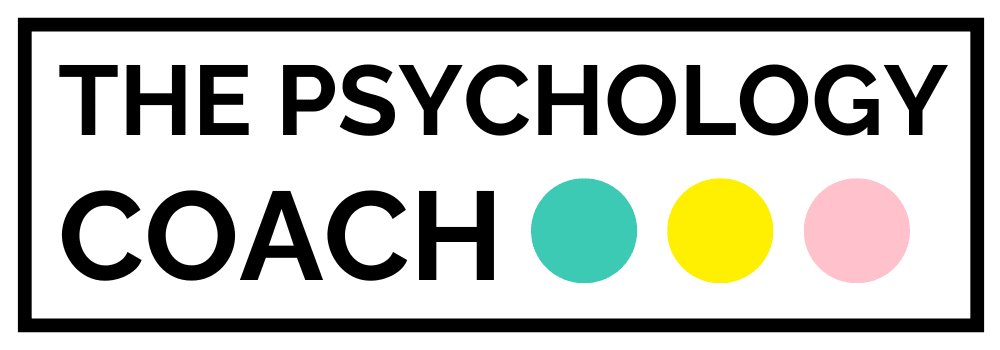

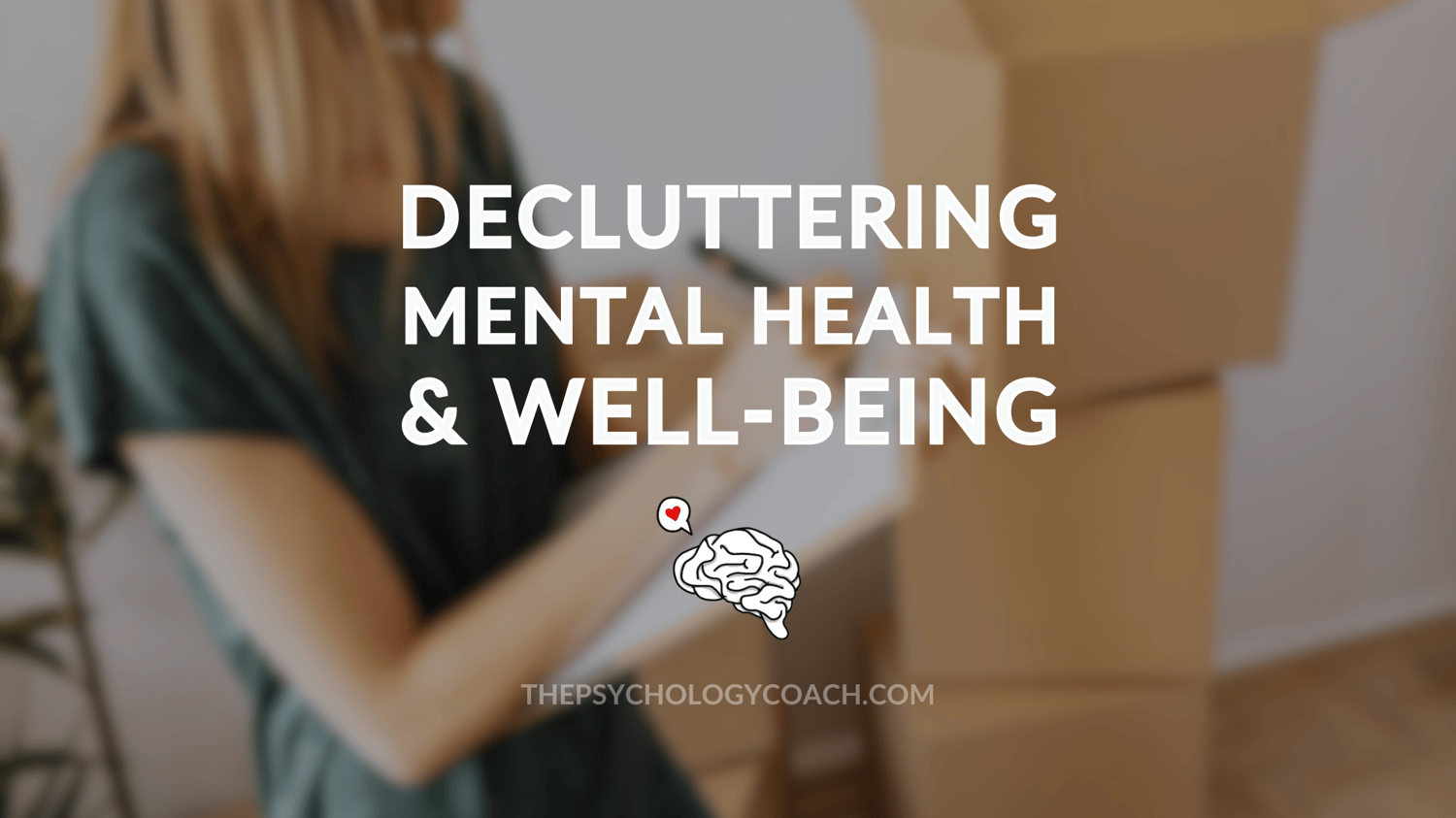
Comments ()